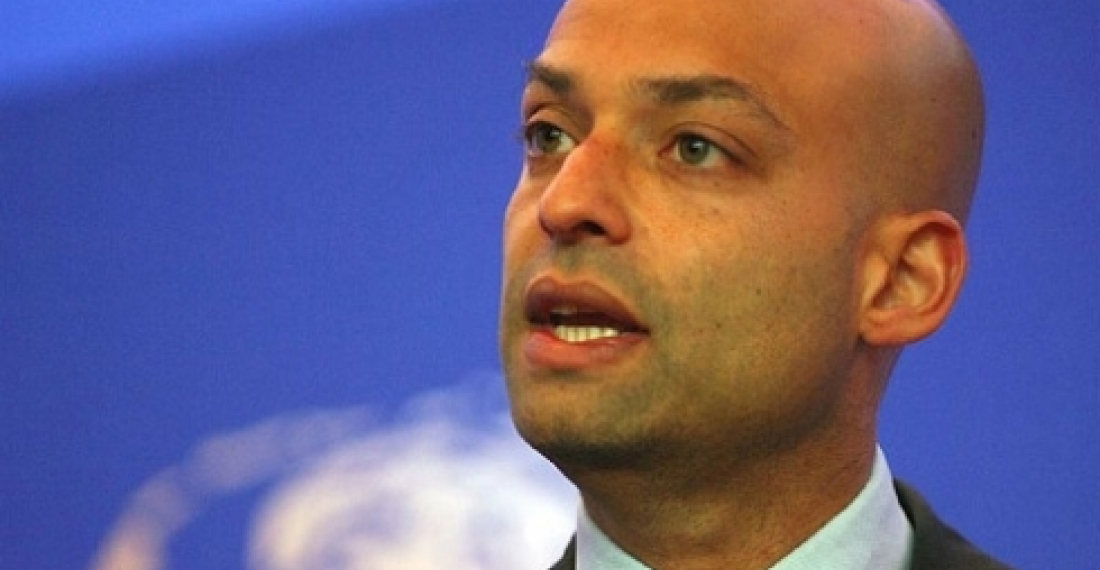"There is no military solution to the Nagorno Karabakh conflict", NATO Secretary General's Special Representative for the Caucasus and Central Asia, James Appathurai, said in his interview to ArmInfo upon completion of his visit to Azerbaijan and Armenia.
"A resumption of violence will set all sides back. I believe most people in the region understand this. I believe NATO will continue to support the efforts of the Minsk Group co-chairs", he said.
When speaking of the increased military rhetoric of Baku, Appathurai said: "I listened to the views of President Aliyev on the situation in Nagorno Karabakh as well as the stalled peace process. They reaffirmed Azerbaijan's commitment to find a peaceful settlement".
NATO Secretary General's Special Representative:
NATO Secretary General's Special Representative:







